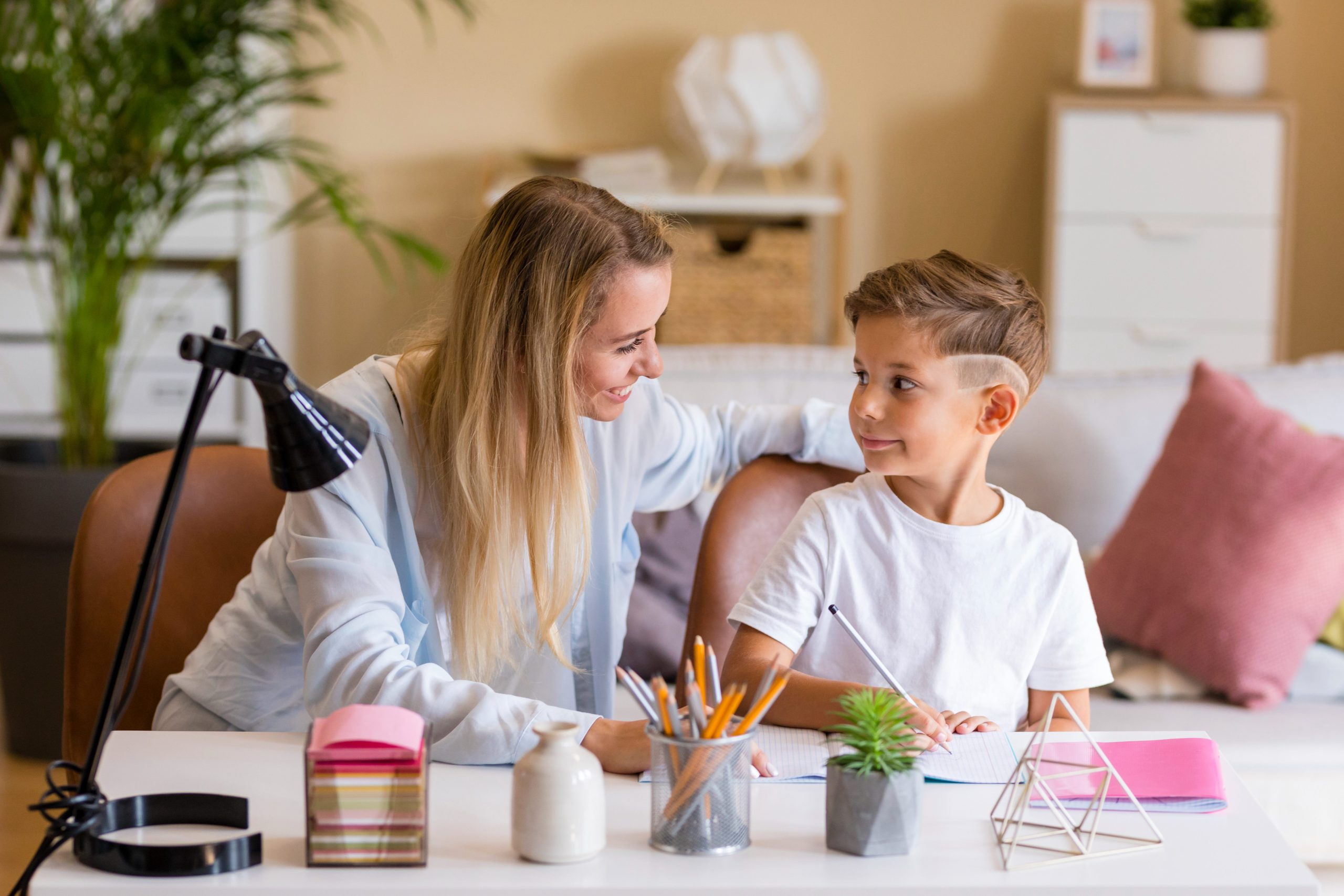
The Vital Role of Home Tutors in Providing Individualized Attention to Preschoolers
As parents, we all want our preschoolers to achieve their full potential in academics and life. One way to achieve this goal is through individualized attention provided by a home tutor. A home tutor plays a crucial role in the academic development of preschoolers. In this article, we will explore the importance of individualized attention, the role of a home tutor in providing it, and the benefits it can bring to the child.
The Importance of Individualized Attention for Preschoolers
Preschoolers have unique learning needs that require individualized attention. Unlike older preschoolers, preschoolers have a shorter attention span, less developed cognitive abilities, and less self-regulation skills. Therefore, preschoolers require a more personalised approach to learning.
Individualized attention allows the tutor to understand the preschooler’s strengths and weaknesses, provide immediate feedback, and tailor the teaching methods to suit the child’s learning style. This approach helps the preschooler to build confidence, develop critical thinking skills, and foster a love for learning. Moreover, the preschooler is more likely to retain information when taught in a manner that caters to their unique needs.
The Role of a Home Tutor in Providing Individualized Attention
A home tutor plays a vital role in providing individualized attention to preschoolers. The tutor’s primary responsibility is to identify the child’s strengths and weaknesses and create a learning plan that caters to their specific needs. This approach involves creating a safe and comfortable learning environment that encourages open communication and collaboration between the tutor and the preschooler.
The tutor should also use a variety of teaching methods and resources to make learning fun and engaging for the child. For instance, the tutor can incorporate games, stories, songs, and videos to reinforce learning concepts. Additionally, the tutor should use positive reinforcement and praise to boost the child’s self-esteem and motivation.
Benefits of Individualized Attention for Preschoolers
Individualized attention has numerous benefits for preschoolers. Firstly, it promotes academic success by helping the child to build a strong foundation in the subject matter. Preschoolers who receive individualized attention are more likely to excel academically and progress to higher levels of learning with ease.
Secondly, individualized attention fosters a love for learning in the preschooler. When the child receives individualized attention, they are more likely to enjoy the learning process, feel less intimidated by new concepts, and become more curious and motivated to learn.
Thirdly, individualized attention improves the child’s self-esteem and confidence. Preschoolers who receive individualized attention are more likely to develop a positive self-image and feel confident in their abilities. This confidence spills over into other areas of the child’s life, such as social interactions and extracurricular activities.
Fourthly, individualized attention improves the child’s behavior and social skills. Preschoolers who receive individualized attention are more likely to exhibit positive behavior, such as attentiveness, cooperation, and empathy. Additionally, they develop better social skills, such as communication, sharing, and conflict resolution.
Conclusion
In conclusion, individualized attention is crucial for the academic and personal development of preschoolers. A home tutor plays a vital role in providing individualized attention by creating a safe and comfortable learning environment, using a variety of teaching methods and resources, and fostering open communication and collaboration with the child. The benefits of individualized attention are numerous, including academic success, a love for learning, improved self-esteem and confidence, and improved behavior and social skills. As parents, we must recognize the importance of individualized attention and provide our preschoolers with the resources they need to achieve their full potential.


